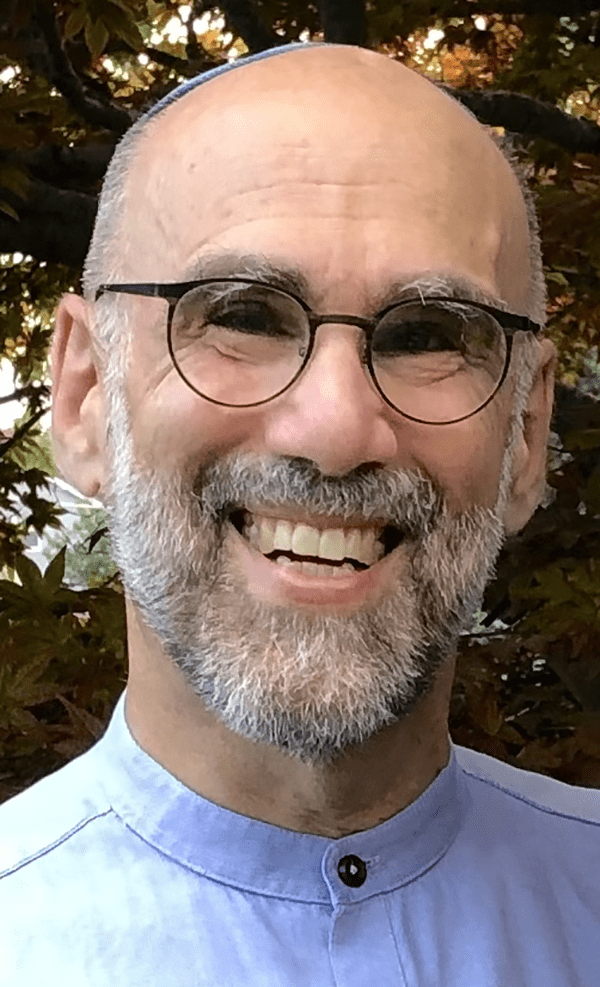Words / yom ha’atzma’ut
Like so many other commentators — ancient to modern — Rabbi Lord Jonathan Sacks elaborates on the construct of tzara’at, an unidentified skin ailment, as recompense for evil speech, lashon hara. Long-ago rabbinic wordplay connected tzara’at to words, speech, that can be hurtful. Aside from a clever acronymic derivation, why would the sages have focused on speech?
Makin’ Matza!
My recent posts...
Selling Chametz
Even if you don’t keep a kosher kitchen, and/or you don’t “convert” your kitchen for Pesach, there is still spiritual value in selling your chametz: You are engaging with myriad Jews worldwide in a practice that can be traced back to Torah and, if you include a donations to “ma’ot chitin,” you are enabling those in need to more fully celebrate Pesach.
A Few Things About Pesach (With lots of links)
There is a wealth of information about Pesach (and the challenges of this year) at Exploring Judaism.org.
Siddur Session 2
Last week, we reviewed reasons for praying; this week, reasons for not praying: I’m not sure God listens; I don’t know the Hebrew; the prayers don’t speak to me, they aren’t modern…. Well, maybe God hears all, though sometimes the response to a prayer request is a silent “not today” — which could also mean, what’s your plan B? (One source of all manner of contemporary prayers, rituals, and readings is ritualwell.org.)
Birkot hashachar (morning blessings) is warm-ups for the central morning prayers of Shacharit. We transition from awakening (mode ani) to appreciation that our bodies function as they should (asher yatzar) to gratitude that we can be in community for prayer (ma tovu). (I played and sang various versions of some texts to illustrate how style, tempo and tone evoke different feelings.)
Solomon Ibn Gabirol (11 c. Spain) wrote “shachar avakesh’cha / At dawn, I seek You,” a lovely poem to start the day. A creative setting by Robbie Solomon is on the Safam album “Peace by Piece” (for which I designed the cover!) — click here; browse for other settings.
Next is a series of blessings that include thanking God for how we were created (in God’s image), that we can get out of bed and get going about our day, and more.
Generally, our prayers are written in the plural, as if saying “you are never alone when you approach God; we’re in this together.” However, early in birkot hashachar is a brief prayer in the singular asking for protection from the negative influence of unkind, even ruthless, people, fellow Jews or not. Having recited that, we can envelop ourselves in the comfort of community — physically or figuratively — and continue praying whole-heartedly.
We then enter a grove of Psalms, hymns of praise, a section called p’sukei d’zimra, literally, verses of song. Of the 150 psalms in our Tanach, Hebrew bible, about a third of them appear in services for Shabbat and festivals. Many of the psalms were written to be sung in entirety; selective verses of others can be set to traditional or not-yet-traditional melodies.
Finally, for today, kaddish. This curious text is largely in Aramaic, a language written in Hebrew letters that was a common tongue for Jews thousands of years ago. In kaddish, we praise God’s name without actually mentioning God’s name as it appears in Torah. Different versions of kaddish serve as a form of punctuation, marking transitions in prayer services.
A message of kaddish may be that, just as we pray about God’s name yet don’t use that name, we can get only so close to knowing our God, which to me is appropriate for our perception of God; we maintain the mystery of the Divine.
Next session, we will begin with “ashrei,” a psalm considered by the sages of old as having special properties. See you Thursday!
Zoom link: https://www.zoom.us/j/932976512. Passcode 7116700. Or, call the office (609-822-7116 x101) for the island location.


